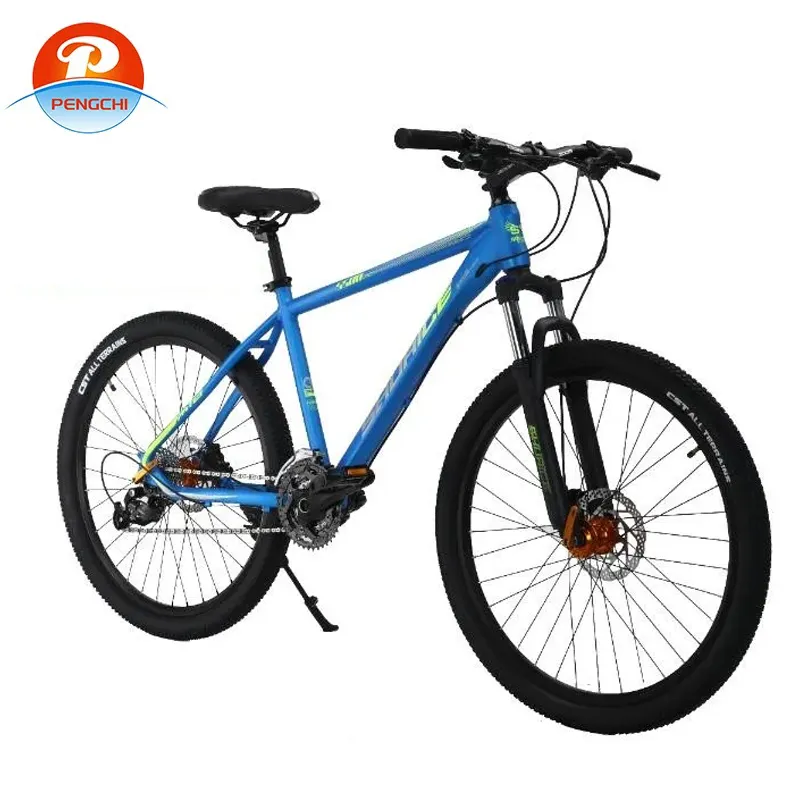
-
 Afrikaans
Afrikaans -
 Arabic
Arabic -
 Belarusian
Belarusian -
 Bengali
Bengali -
 Bulgarian
Bulgarian -
 Croatian
Croatian -
 Czech
Czech -
 Danish
Danish -
 Dutch
Dutch -
 English
English -
 Finnish
Finnish -
 French
French -
 German
German -
 Greek
Greek -
 hawaiian
hawaiian -
 Hebrew
Hebrew -
 Hindi
Hindi -
 Hungarian
Hungarian -
 Indonesian
Indonesian -
 irish
irish -
 Italian
Italian -
 Japanese
Japanese -
 Javanese
Javanese -
 kazakh
kazakh -
 Khmer
Khmer -
 Korean
Korean -
 Kyrgyz
Kyrgyz -
 Lao
Lao -
 Latin
Latin -
 Luxembourgish
Luxembourgish -
 Malay
Malay -
 Myanmar
Myanmar -
 Norwegian
Norwegian -
 Persian
Persian -
 Polish
Polish -
 Portuguese
Portuguese -
 Romanian
Romanian -
 Russian
Russian -
 Serbian
Serbian -
 Slovak
Slovak -
 Somali
Somali -
 Spanish
Spanish -
 Swedish
Swedish -
 Tagalog
Tagalog -
 Thai
Thai -
 Turkish
Turkish -
 Turkmen
Turkmen -
 Ukrainian
Ukrainian -
 Uighur
Uighur -
 Vietnamese
Vietnamese
Ott . 02, 2024 05:26 Back to list
Key Differences Between Mountain Bikes and Road Bikes Explained
The Difference Between Mountain Bikes and Road Bikes
When it comes to choosing a bicycle, the selection often narrows down to two popular types mountain bikes (MTBs) and road bikes. Each is designed with specific purposes in mind, catering to different terrains and riding styles. Understanding the differences between these two types of bikes can help you make an informed decision based on your cycling needs.
One of the most noticeable differences between mountain bikes and road bikes is their frame design. Mountain bikes feature a sturdy, robust frame that can withstand the rigors of rough terrain. They are generally constructed from heavier materials such as aluminum or carbon fiber to endure impacts and bumps on trails. In contrast, road bikes are designed with a lightweight frame to maximize speed and efficiency. Their aerodynamic shapes reduce wind resistance, allowing riders to glide smoothly on paved roads.
2. Tires and Wheels
Tires are another significant distinction. Mountain bikes come equipped with wide, knobby tires that provide excellent traction on uneven surfaces such as dirt, gravel, and rocky paths. The larger tire size also allows for better shock absorption, ensuring a more comfortable ride over rough landscapes. Road bikes, on the other hand, have thin, smooth tires that enhance speed on flat surfaces. These tires minimize rolling resistance and are built for performance rather than stability, making them less suitable for off-road conditions.
mountain bike and road bike difference

3. Gearing and Braking Systems
Mountain bikes typically have a wider range of gears compared to road bikes. This gearing system is crucial for navigating steep inclines and rough terrains, allowing riders to maintain momentum even in challenging conditions. Most mountain bikes also come with powerful disc brakes that provide reliable stopping power in all weather conditions. Conversely, road bikes often feature a simpler gearing system designed for maintaining a high speed on flat surfaces, coupled with rim brakes or mechanical disc brakes that offer adequate stopping ability for road cycling.
4. Riding Position and Comfort
The riding position on a mountain bike is usually more upright, providing better visibility and comfort for off-road adventures. This posture also allows for greater control when maneuvering over obstacles. Road bikes, however, are designed for a more aerodynamic riding position, often requiring riders to lean forward. This posture helps to reduce wind resistance and increase speed, but it might be less comfortable for longer rides, especially for beginners.
Conclusion
Ultimately, the choice between a mountain bike and a road bike depends on your intended use. If you plan to tackle rugged trails and enjoy the thrill of off-road cycling, a mountain bike is your best bet. However, if you're looking to cover long distances on paved roads at higher speeds, a road bike will serve you better. Understanding these differences will help you select the right bike to enhance your cycling experience and enjoy your ride to the fullest.
-
Top Kids Bike with gpt-4-turbo AI for Safe Rides
NewsAug.02,2025
-
Premium Titanium Road Bike: Lightweight & Durable
NewsAug.01,2025
-
Red Black BMX Bike with GPT-4-Turbo AI Tech
NewsJul.31,2025
-
New Red Anti-theft E-Bike | Easy Ride City Commuter
NewsJul.31,2025
-
BMX 20 Inch Bikes for Freestyle & Street | Fat Tire Options Available
NewsJul.30,2025
-
322 High Quality 26 Inch 21 Speed Adult Mountain Bike OEM MTB
NewsJul.29,2025

